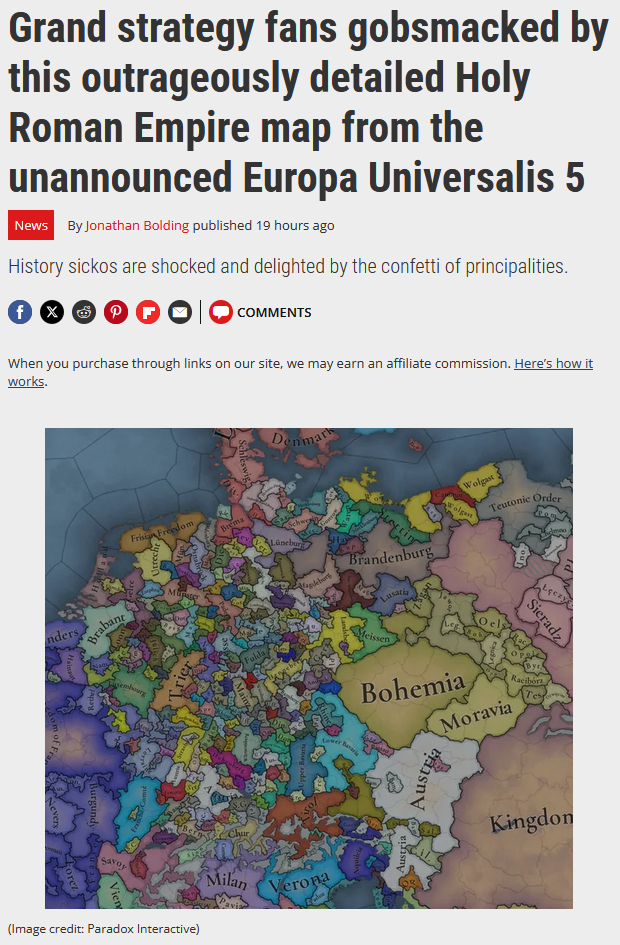this post was submitted on 28 Jul 2024
126 points (100.0% liked)
games
20521 readers
25 users here now
Tabletop, DnD, board games, and minecraft. Also Animal Crossing.
-
3rd International Volunteer Brigade (Hexbear gaming discord)
Rules
- No racism, sexism, ableism, homophobia, or transphobia. Don't care if it's ironic don't post comments or content like that here.
- Mark spoilers
- No bad mouthing sonic games here :no-copyright:
- No gamers allowed :soviet-huff:
- No squabbling or petty arguments here. Remember to disengage and respect others choice to do so when an argument gets too much
founded 4 years ago
MODERATORS
you are viewing a single comment's thread
view the rest of the comments
view the rest of the comments

And of course "Kyiv". That name is first registered in the late XIX century and while there is tons of spelling of the name from earlier documents, nearly all are sounding much more like variations of "Kiev" or "Kiov".
afaik the old east slavic pronunciation is Kyjevŭ, but yes its become a weird nationalistic thing for ukrainians
That's questioned. Old East Slavic chronicles had it as Києвъ, Къıєвъ, or Кїєвъ. First recorded version is Hebrew Qiyyōḇ, Greek Κιοάβα, Kioava, Κίοβα, Kiova and Arabic Kūyāba. The etymology from name Kyi is bizarre because in both original sources that name was written as кии. The one from "stick" might be correct but is equally wrong for Kyiv because in the same modern Ukrainian that had the city named Kyiv stick is again кии (btw the stick etymology is supported by Polish language where the name is Kijów, meaning literally "city of sticks" which check outs historically because we know it had very impressive wooden walls).
All the arguments for "Kyiv" sounds like modern folk pseudoetymology (which is not bad per se) but forced for political reasons back into the past. Especially striking that they claim the city was always "Kyiv" but the state it was the capital of is still called as always was "Kievan Rus"!
Dont we do a similar thing with hungary/magyar?
Not really. Magyar is the name in Hungarian coming from the leading tribe of the confederation migrating west. Hungary and all its variations (Ungar in German or even Węgry in Polish) comes from the Byzantine name Oungroi which most likely comes from the Turkic "Onggur" - literally "Ten Arrows" and metaphoric "People". "H" was added by the Latin scholars as the connotation with Huns because Hungarian migration scared a lot of people in central Europe shitless - which was btw later accepted as folk pseudoetymology by the Hungarians themselves since they liked being compared to the Huns despite no provable link between those two people except both being horse nomads.
So it's not really comparable to the anachronistic attempt at revise Kiev etymology, Hungary/Magyar are rather two parallel etymologies in different languages.